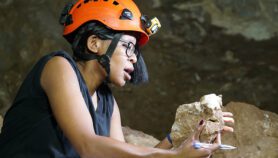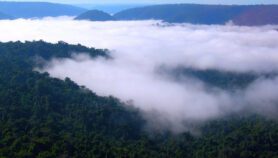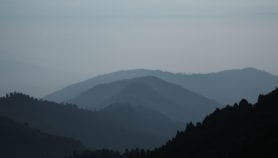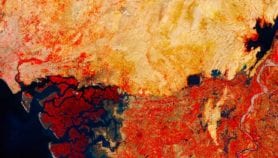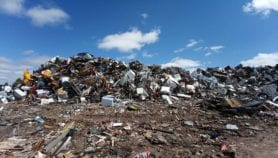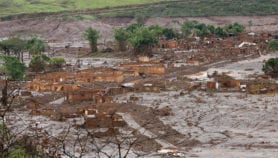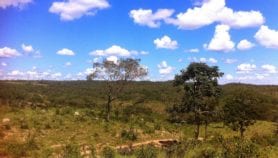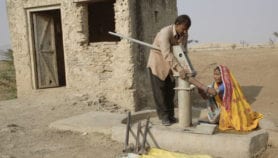Send to a friend
The details you provide on this page will not be used to send unsolicited email, and will not be sold to a 3rd party. See privacy policy.
The United Arab Emirates (UAE) will launch its first earth-observation satellite this month (July) with the aim of aiding numerous development goals.
The Emirates Institution for Advanced Science and Technology (EIAST), who is behind the project, has set 26 July as the launch date for the small, 200-kilogram satellite, DubaiSat-1.
DubaiSat-1, which was designed and manufactured in South Korea, has been shipped to Kazakhstan — where it will be launched from a Russian rocket following the completion of final testing by UAE and Korean scientists and engineers.
The satellite has been designed to orbit the earth for a minimum of five years.
The US$50 million project is the first government-led satellite initiative — telecommunications satellites have previously been launched by businesses. A satellite ground station in Dubai will monitor the satellite, while EIAST will receive and process the images.
EIAST plans to use the satellite to boost research in four areas: fog forecasting, sandstorm prediction, monitoring water in the Gulf and improving the clarity of received satellite pictures. It also hopes that DubaiSat-1 will help detect and monitor pollution such as oil spills.
The satellite could also help manage the response to natural disasters and boost the UAE’s research and development in space sciences and other scientific disciplines.
DubaiSat-1 will open the door for the UAE’s involvement in global space research, EIAST board chairman Mohamed Nasser Al Ghanim said at a press conference.
He added that it will pave the way for further space projects — including a more advanced successor, DubaiSat-2, in two years time.
Engineer Khalil Konsul, former president of The Arab Union for Astronomy and Space Sciences and president of The Jordanian Astronomical Society, told SciDev.Net: "[DubaiSat-1] is essential in our region because we need remote sensing techniques and earth observation systems to solve many environmental problems."
He said that the project was one of the most important of its kind in the region and would play a key role in bolstering collaboration between scientists and research centres in the Middle East.




